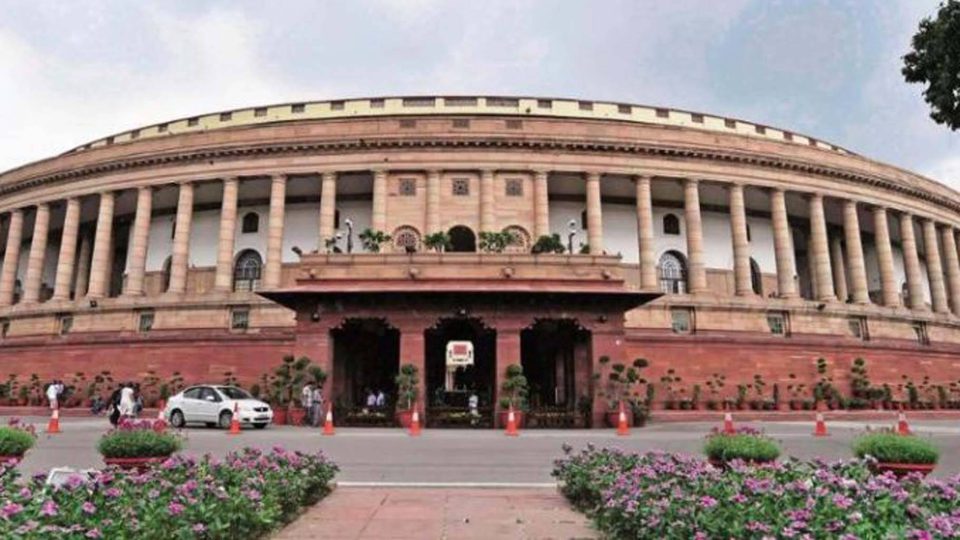The Waqf Amendment Bill, 2024, has been sent to a joint parliamentary committee following intense opposition in the Lok Sabha. Speaker Om Birla announced that the committee will be formed after consulting with relevant stakeholders.
Opposition members in the Lok Sabha strongly opposed the bill, raising concerns about its potential impact on minority rights. They argued that the bill undermines constitutional principles and could foster division. The primary issue of contention was the proposal to include non-Muslim members on Waqf Boards, which the opposition claimed would infringe upon religious freedoms.
Akhilesh Yadav-Amit Shah Clash During the debate on the Waqf (Amendment) Bill, Akhilesh Yadav voiced strong objections, stating, “This bill is part of a broader political agenda. Mr. Speaker, I’ve heard talk in the lobby that some of your powers are being curtailed, and we may need to defend your authority. I oppose this bill.” Home Minister Amit Shah countered Yadav’s remarks, saying, “Akhilesh ji, such vague statements cannot be made. You are not the protector of the Speaker’s rights.”
Minister’s Defense of the Bill Minister Kiren Rijiju defended the bill against opposition criticism, asserting that it does not violate the religious freedoms enshrined in the Constitution. He explained that the proposed amendments aim to address persistent issues within the Waqf Boards and provide justice to marginalized groups within the Muslim community, including women and backward classes. “The entire Waqf Board has been monopolized by a few individuals. This Bill seeks to ensure justice for all Muslims,” Rijiju argued.
Key Provisions of the Amendment The Waqf (Amendment) Bill, 2024, introduces several notable changes, such as allowing the state government to appoint a non-Muslim chief executive officer and at least two non-Muslim members to state Waqf Boards. Additionally, the bill grants the district collector the authority to determine whether a property is Waqf property or government land.
Mixed Reactions from the Muslim Community The bill has drawn varied responses from the Muslim community. Maulana Shahabuddin Razvi Barelvi, National President of the All India Muslim Jamaat, recognized the need for reforms to combat corruption and misuse of Waqf properties. However, he strongly opposed the inclusion of non-Muslims on Waqf Boards, arguing that such appointments would conflict with Islamic law (Shariat). “Waqf matters should be viewed purely from an Islamic perspective… Appointing non-Muslims goes against Shariat and the law,” he asserted.

